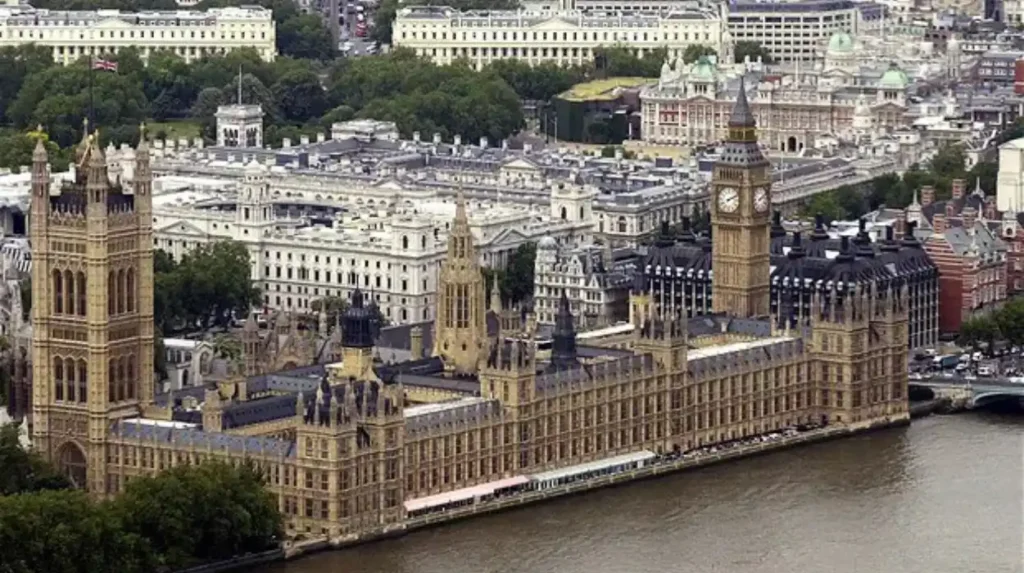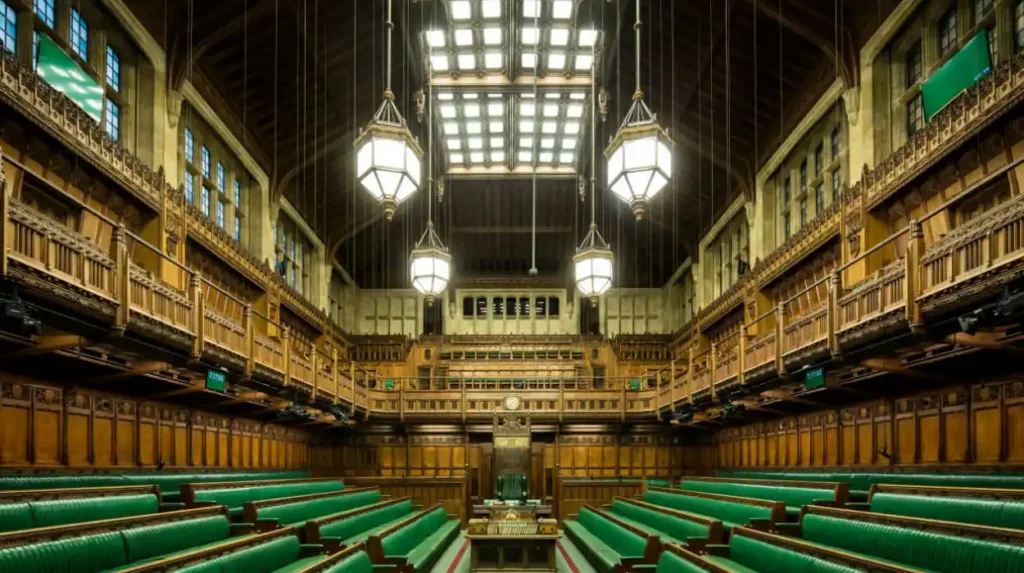Constitutional conventions in the United Kingdom are general principles that inform the political and legal behavior of government institutions. They exist together with statutes, common law, and various other sources of law, but they rest on established practices rather than legislation. Conventions protect the functional and flexible working of the constitution without the necessity for constant formal amendments. These conventions are binding on political actors, although in legal terms, there are no obligations to comply with them. Understanding how conventions work is crucial to understanding the exercise of democratic governance in the United Kingdom.
Modes and Functions of Constitutional Conventions
Conventions operate as by-products of political necessity, historical precedent, and a sense of mutually accepted practices among political actors. Conventions help sit alongside legislative rules, establishing common understanding of procedures or powers around elements such as the monarchy and Parliament, the Prime Minister, and the role of ministers.
All these conventions work to strike a balance between the flexible yet rigid rules of written law and political realities, thereby attempting to hold political actors accountable, provide stability, and generate expectations and norms surrounding political behaviour.

Difference Between Conventions and Laws
A key element of constitutional conventions is that they are non-legal in that they are normally not enforceable in courts. Laws are established through parliamentary procedures as legally binding rules, while conventions are dependent on acceptance and adherence to guidelines by political actors.
If someone breaches a law, the consequences are legal, such as a fine or jail time, but if someone breaches a convention, the consequences are political. In other words, for violating a law, the consequence is political criticism generated by the public (and in some cases, loss of political currency). This is why the conventions’ enforcement mechanisms are also fundamentally different from laws.
How Conventions Evolve Over Time
Conventions often evolve slowly through the repetition of political practice. If political leaders adopt a particular course of action, and politicians practice that action over time, and it becomes accepted as the standard behavior, the action may become a convention.
For example, the Salisbury Convention, which states that the House of Lords should not oppose manifesto commitments, was not born from legislation but rather from post-war political understanding. The more the House of Lords bypasses the Salisbury Convention through practice, the more it is characterized as political observance in the system, where the sanctioning of breaches relies on political culture, peer pressure, and public expectation.

Enforcement through Political Accountability
One of the most significant ways to enforce a constitutional convention is through political accountability. As part of a democratic framework, ministers, prime ministers, and members of parliament are required to adhere to constitutional conventions that promote legitimacy in governmental practices.
The expectation influentially provides an incentive to adhere to conventions that are established and accepted by Parliament, their members, and the public. While it matters if a convention has been breached, this does not lessen the strength and impact of the constitutional convention, and in many cases political opposition, journalists, and the broader public will exert political pressure on politicians to correct violations of conventions, or resign, or lose elections.
Political pressure can amount to coercive controls – like the force of the law, it shapes public opinion and ultimately changes the prospects of election. An obvious motivation for political actors is to maintain political legitimacy.
Parliament’s Role in Enforcement
Parliament is the center of convention enforcement through questioning, debating, and holding ministers accountable when conventions are disregarded. Although breaches of conventions may not be quickly remedied through a number of existing enforcement measures (e.g., parliamentary debate and select committees are capable of exposing breaches but cannot remedy these breaches), members of parliament can exercise political pressure on political agents to defend their actions to their electorates, and ultimately, committees can involve the media!
In the more extreme cases, a minister (or even prime minister) could be subject to a motion of non-confidence for breaching a convention, and it is available through the designed procedures of the parliamentary system, which should operate on the basis of the democratic principle that political officeholders represent and are ultimately accountable to elected representatives, who are proposed to represent the electorate.

The Role of the Media in Enforcement
The media is a strong informal enforcer of constitutional conventions. Journalists report on convention breaches and rev up public debate. If politicians ignore a constitutional convention, the media may pick up on it and help to hold them accountable, and so too if the public gets upset! They can leverage their platform into making a news story bigger and get political leaders into a “bad news” story for breaking a convention. In today’s political landscape, social media platforms have offered another layer of public accountability by facilitating real-time reactions and campaigns.
Party Discipline as Enforcement
Political parties are also enforcers of these constitutional conventions. Party leadership can apply, to some extent, internal party pressure to ensure that party members abide by established practice, especially where it constitutes a risk to the party’s reputation. Members who choose to disregard the conventions may lose party support, be demoted from leadership, or be entirely expelled from the party. For any political party, unity is essential for electoral success; therefore, adherence to party discipline can be a way of enforcing compliance.
Public Expectation as Enforcement
Public attitudes help shape the political realm in which conventions operate. Political leaders are aware if they violate reasonably well-established conventions, they will lose public trust, which may have negative consequences at the ballot box. Public expectation of integrity creates an expectation that conventions will not merely be dismissed. For example, conventions relating to ministerial responsibility still carry weight mainly because the public expects ministers to resign if serious mistakes are made under their watch.
Case Studies of Enforcement
Looking at historical illustrations illuminates how conventions are implemented in practice.
Resignation of Ministers
Individual ministerial responsibility dictates that ministers that make serious mistakes or if their department is not performing properly should resign. We have seen high-profile resignations occur esthetically, sometimes after large political crises. There are no legal obligations, but convention and political pressures make resignations implementable.
Appointment of a Prime Minister
It is a convention that the leader of the party who receives the most votes in a general election is invited by the monarch to become prime minister. This is not legally required, but if we want to maintain the democratic legitimacy of the office of Prime Minister based on the party system, this is an expectation. To disregard this convention will likely provoke serious backlash and other opposition both politically and publicly.
Role of the Courts in Constitutional Conventions
The courts in the UK would generally not directly apply a convention, since they are not laws or statutes. Courts can, however, acknowledge conventions and apply them where appropriate within their judgment process when making decisions on legal cases. For example, in the case of Miller v. Prime Minister (2019), the Supreme Court acknowledged some constitutional principles around parliamentary sovereignty and collective accountability. Although courts do not promote conventions into enforceable law, judicial acknowledgment does add extra weight to their importance and legitimacy.
Codifying Conventions: A Possible Solution?
Some scholars and politicians have suggested making some of these conventions binding by statutory codification so they would be enforceable in law. This could offer some clarity and accountability but could also take away the flexibility that conventions offer. It constrains the ability of the political system to adapt to changing contexts. The discussion about codification is aligned with a broader issue of whether to make unwritten rules formal and/or enforceable or to keep them informal.


